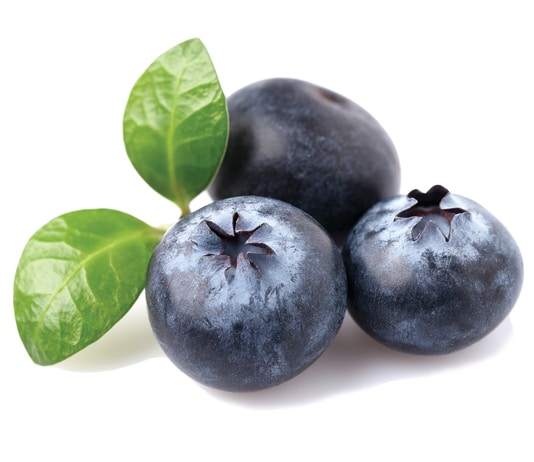
RESEARCH TITLE: Blueberry anthocyanins ameliorate radiation-induced lung injury through the protein kinase RNA-activated pathway
COUNTRIES: China
CONDUCTED BY:Emergency Medicine Department of General Hospital of Shenyang Military Command, Laboratory of Rescue Center of Severe Wound and Trauma PLA, China; College of Food, Shenyang Agricultural University, China; Department of Radiation Oncology, The General Hospital of Shenyang Military Command, China
[rev_slider alias=”libro-ok-ingles”][/rev_slider]
PUBLISHED ON: Chemico-Biological Interactions
RESEACH:
Abstract
The purpose of this study was to explore the effect of blueberry anthocyanins (BA) on radiation-induced lung injury and investigate themechanism of action. Seven days after blueberry anthocyanins (20 and 80 mg/kg/d)administration, 6 weeks old male Sprague–Dawley ratsrats were irradiated by LEKTA precise linear accelerator at a single dose of 20 Gy only once. and the rats were continuously treated with blueberry anthocyanins for 4 weeks.
[rev_slider alias=”productos-granada-ingles”][/rev_slider]
Moreover, human pulmonary alveolar epithelial cells (HPAEpiC) were transfected with either control-siRNA or siRNA targeting protein kinase R (PKR). Cells were then irradiated and treated with 75 μg/mL blueberry anthocyanins for 72 hours.
The results showed that blueberry anthocyanins significantly ameliorated radiation-induced lung inflammation, lung collagen deposition, apoptosis and PKR expression and activation. Invitro, blueberry anthocyanins significantly protected cells from radiation-induced celldeath through modulating expression of Bcl-2, Bax and Caspase-3.
[rev_slider alias=”productos-granada-ingles”][/rev_slider]
Suppression of PKR by siRNA resulted in ablation of blueberry anthocyanins protection on radiation-induced cell death and modulation of anti-apoptotic and pro-apoptotic proteins, as well as Caspase-3 expression. These findings suggest that blueberry anthocyanins is effective in ameliorating radiation-induced lung injury, likely through the PKR signaling pathway.
YEAR: 2015